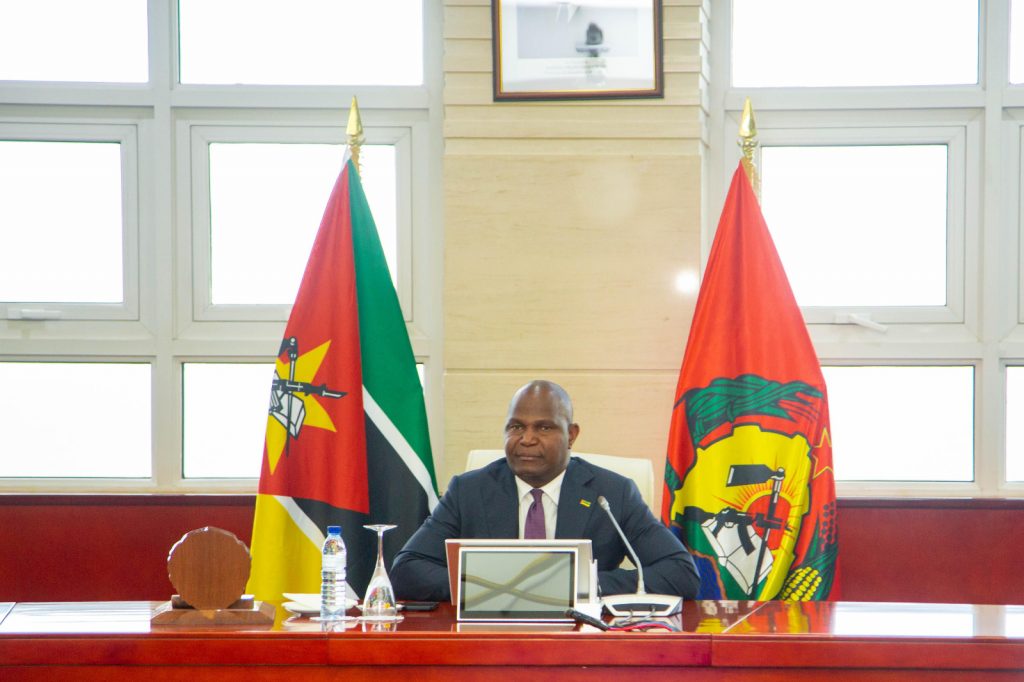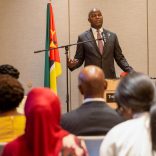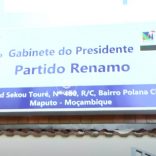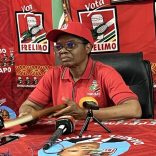Mozambique: President Chapo concludes visit to Japan, TICAD participation "extremely positive"
Chapo backs ‘Mozambique First’ initiative – ‘National Moment of Prayer’ on 28 August

Photo: Presidency
Mozambican President Daniel Chapo declared on Friday that “placing Mozambique above differences is key to peace and reconciliation”.
He was speaking in Maputo at an audience granted to representatives of the “Mozambique First” initiative, promoted by the Christian Council of Mozambique, the umbrella body for the mainstream Protestant churches. The Christian Council claims to be mobilising the nation for a “collective prayer for peace” on 28 August.
Chapo welcomed this initiative, although it appears to exclude those Mozambicans who do not follow any organised religion. He approved of the “Mozambique First” slogan “for a very simple reason. If each Mozambican understands that, prior to our differences, be they ethnic, cultural, religious, political or any other, we really put Mozambique in first place, I am absolutely certain that the peace and reconciliation we all want will be easy”.
He stressed that “peace and security are fundamental conditions for developing the country”, and warned that “silencing the guns” is not enough to achieve an effective peace.
“The guns may fall silent from the Rovuma to the Maputo (the rivers that mark the country’s northern and southern boundaries), but if violence continues, and hatred continues, there will be no peace”, said Chapo.
At 6 p.m. on 28 August
He urged that, on 28 August, during the “national moment of prayer”, all citizens should take part, regardless of their own religious beliefs or personal convictions. Prayers could happen anywhere, he added, and anyone, adult or child, healthy or sick, could take part.
The Christian Council initiative envisages a minute of silence at 18.00 on 28 August as a symbol of national unity and of commitment to lasting peace.

The CCM Chairperson, Bishop Rodrigues Dambo, invited Chapo to play an active role in the mobilisation. “We believe that, if the nation turns to God in this prayer, then, in the coming days, God will also turn towards us”, he said.
Chapo also claimed that Mozambique is a “deeply religious” country, where the diversity of religious beliefs should be seen as a factor of unity.
He added that the government is studying mechanisms for the creation of a National Religious Council in recognition of the alleged role of religion in social cohesion and public morality.
Chapo added that this is part of his commitment to maintain a permanent dialogue with all actors in Mozambican society to strengthen peace, reconciliation and inclusive development as the central pillars of governance.














Leave a Reply
Be the First to Comment!
You must be logged in to post a comment.
You must be logged in to post a comment.